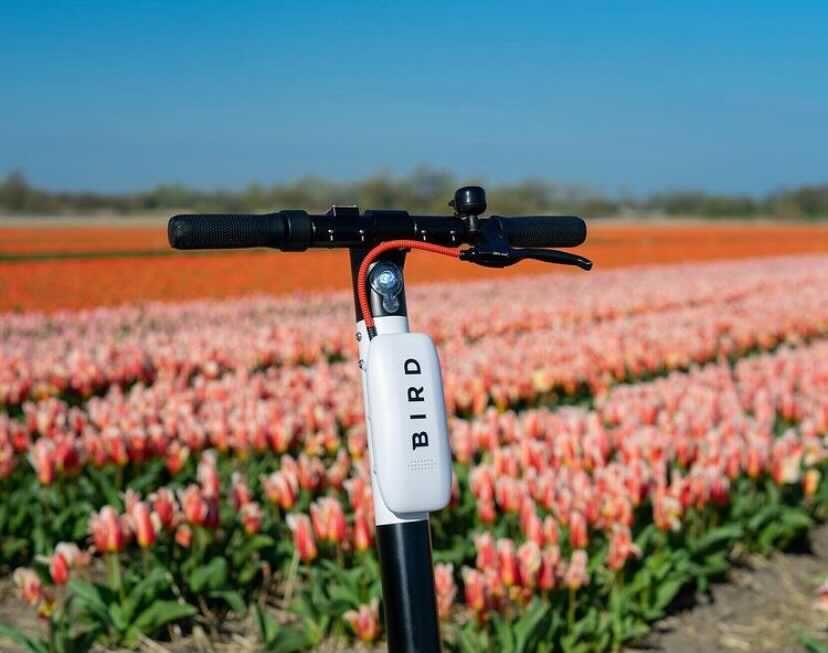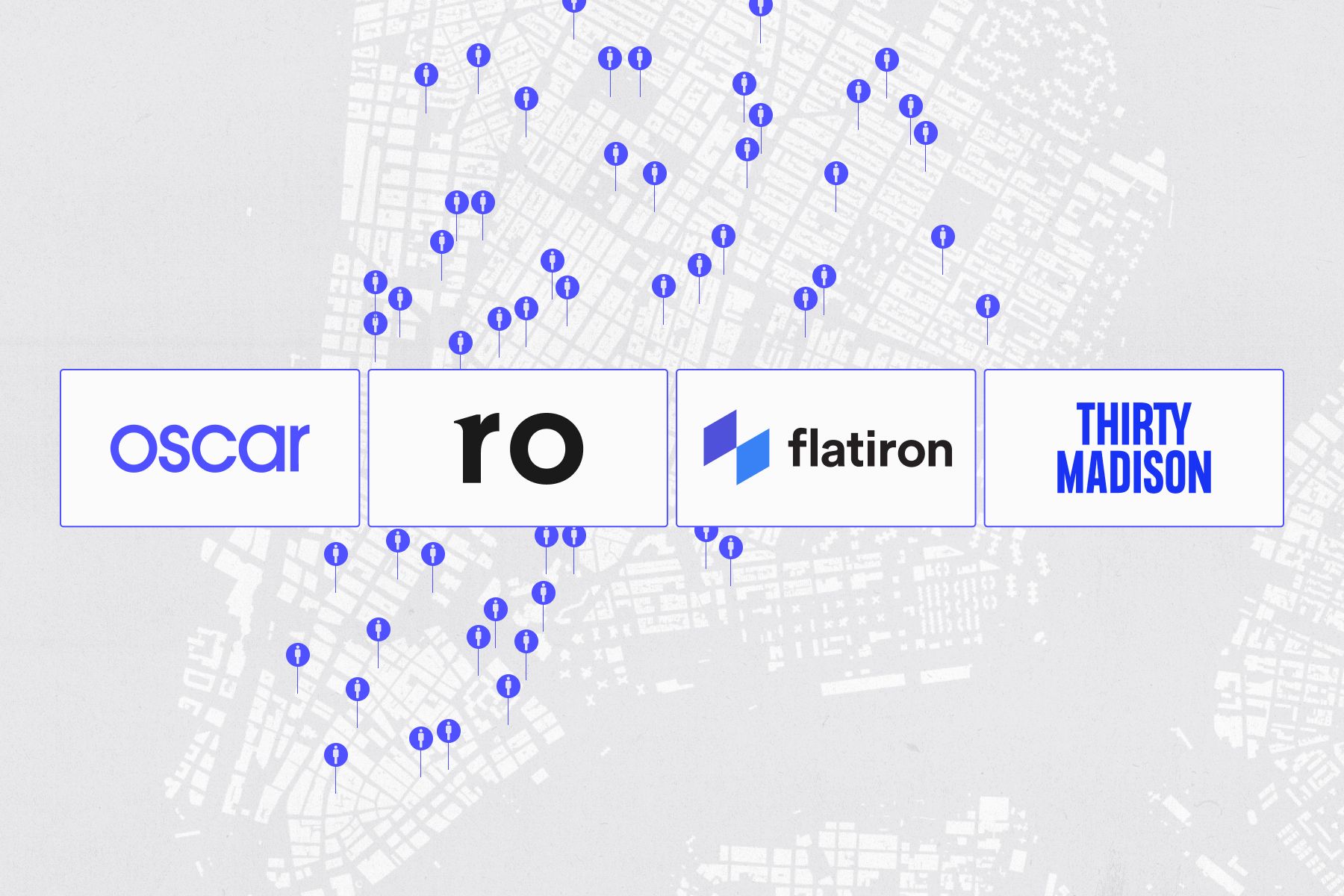Birds — the first mass-adopted electric vehicles

On the heels of Bird's $300 million Series C announcement, Index's Damir Becirovic shares his thoughts on why we're thrilled to be part of Bird's fast ride.
Early this year, I traveled to LA for my first meeting with Bird founder, Travis VanderZanden. I was looking forward to meeting him, but was also a bit cautious. Mobility has always been an area of interest for us at Index, in particular last-mile solutions, but we had yet to meet a company or entrepreneur in the space that we got excited about.
We’d already met several bike-sharing companies, but none of the pitches were convincing. Some of the founders were trying to build domestic versions of Chinese startups, and others just simply didn’t have a convincing story to tell about why they were the right people to build a transportation service. Their businesses were as unattractive as they were unoriginal - their bikes were being used less than once per day, and spent most of their day unused and littering the streets.
From our first meeting with Travis, we knew Bird was different. We had a sense that he was the right person to build a business in this space - someone clearly passionate about transportation and who wants to find creative and effective solutions to the operational problems that arise when a new service is rolled out.
From our first meeting with Travis, we knew Bird was different. We had a sense that he was the right person to build a business in this space - someone clearly passionate about transportation and who wants to find creative and effective solutions to the operational problems that arise when a new service is rolled out.
His first startup was a company called Cherry, where he built technology and operations to service cars more efficiently. Cherry was acquired by Lyft just as it expanded into its third market, and when he joined Lyft, Travis built an operational strategy that allowed the company to expand into those new markets more quickly and efficiently. Later, he moved to Uber and applied these skills on an even larger scale.
Since leaving Uber, Travis has continued to build upon his experience in the transportation space. He knew from his time at the ride-hailing companies that short-distance rides were still expensive for consumers, and spent months researching and experimenting new types of vehicles that could make those rides cheaper - without sacrificing on consumer experience. After testing dozens of models with friends and family, he focused on electric scooters because of their combination of affordability, accessibility and fun.
His innovative mindset didn’t stop at the hardware level. Realizing the efficiency of the distributed operations he had built at Cherry, Lyft and Uber, Travis set out to build this into Bird’s model. The result was the community-centric network that Bird has pioneered. The community that charges Bird’s scooters allow the company to provide high quality of service for riders, a significant income opportunity for chargers, and a safety-driven operation for regulators - with the company taking all of their vehicles off of the street each night.
What surprised us most when we met with Bird was the company’s speed of execution. While we had seen the anecdotal evidence - Birds being ridden all over town - we didn’t expect to see the incredible utilization and scale that the company was able to achieve within just a few months of launch. It was particularly exciting to see that the Bird app had been downloaded by a majority of the residents of Santa Monica by the time of our first meeting. That success told us that we were witnessing a genuine consumer phenomenon and a potential tipping point for electric vehicles.
Since our original investment in Bird back in February, the company has continued to see incredible enthusiasm from consumers nationwide. Their momentum has been further validated by both new companies pivoting into the space as well as established companies testing their own versions. We couldn’t be more aligned with the Bird team’s focus on community, service quality, and responsible growth. And we’re most excited about the potential for the Bird to help create cleaner cities with fewer cars on the road.
Published — June 28, 2018

